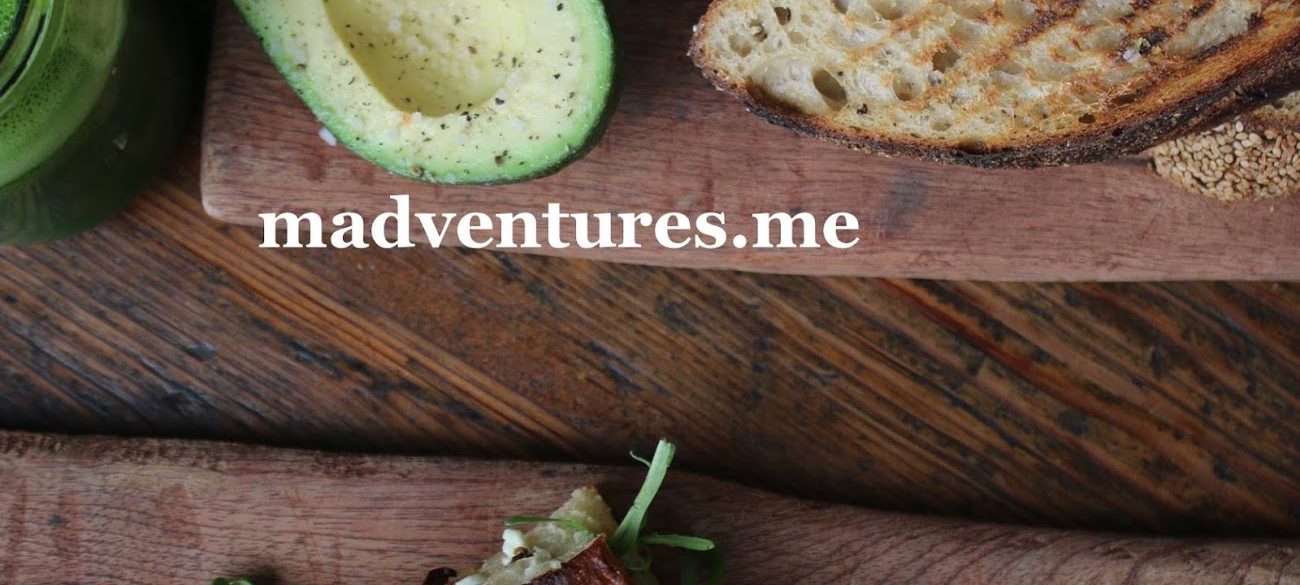 I recently cleaned out my closet and donated eleven large sacks of clothes and shoes to an NGO that assists Venezuelans in Peru, Union for Venezuelans in Peru. If you want to donate, call the executive director, Martha, 992-824-991, and she will meet you at the Union for Venezuelans in Peru at Avenida Benavides 3082, which is actually located on the Ovalo Higuereta, in Surco. The building is not marked as the Union has not spent money on signage (the employees wore white work shirts with the name of the organization on them). The office is on the third floor but it was not open yet when I made my delivery. The Union for Venezuelans in Peru will also pick up.
I recently cleaned out my closet and donated eleven large sacks of clothes and shoes to an NGO that assists Venezuelans in Peru, Union for Venezuelans in Peru. If you want to donate, call the executive director, Martha, 992-824-991, and she will meet you at the Union for Venezuelans in Peru at Avenida Benavides 3082, which is actually located on the Ovalo Higuereta, in Surco. The building is not marked as the Union has not spent money on signage (the employees wore white work shirts with the name of the organization on them). The office is on the third floor but it was not open yet when I made my delivery. The Union for Venezuelans in Peru will also pick up.
When I chatted with Martha, she explained that the refugees are in need of everything as they arrive only with what they can carry in their hands. She said that many are young families. She told us about a family that were happy as they picked up an inflatable mattress. Makes one think.
In the last few years, nearly a million Venezuelan refugees have arrived in Peru. Thirty years ago, Peruvians were fleeing to Venezuela and not the situation is reverse. Peru is currently in the honeymoon phase of this reverse situation and the Peruvians are welcoming the Venezuelans with resident permits and work permits. Many work as taxi drivers, in restaurants, and some sell candy to make a bit of income (I know one shop owner who gives the candy for free the first time around so that the refugee can build a bit of capital — like the Grameen system — although this shop owner will probably not get a Nobel prize. He does it for the humanity of the situation). I have seen Peruvians buy these candies out of an act of charity, much in the vein of “there but for the grace of God, go I.”
 In many of the shops and restaurants, the workers are Venezuelans. They have the advantage that they speak the local language. When I was in Port of Spain, many of the workers were Venezuelans (Trinidad is only a few miles off the coast of Venezuela). This proximity means that many Trinis speak Spanish as well. I actually understood the Spanish better than the Trini form of English when in Trinidad.
In many of the shops and restaurants, the workers are Venezuelans. They have the advantage that they speak the local language. When I was in Port of Spain, many of the workers were Venezuelans (Trinidad is only a few miles off the coast of Venezuela). This proximity means that many Trinis speak Spanish as well. I actually understood the Spanish better than the Trini form of English when in Trinidad.
Here in Lima, due to the influx of Venezuelans, there are more and more Venezuelan eateries. When I lived in Caracas, I developed a taste for arepas and now I can find good ones here as well. I did not get some after the trip to donate clothes. I had enough food for thought.
